Reimagining Education: The Impact of AI, Automation, and Digital Tools Worldwide
Introduction
The global education landscape is undergoing a profound transformation, driven by artificial intelligence (AI), automation, and next-generation digital tools. From smarter classrooms to personalized online learning, new technologies are redefining how students learn, how educators teach, and how institutions operate.
As nations and institutions adopt digital solutions to improve learning outcomes, the future of education is becoming more efficient, accessible, and innovation-driven.
1. AI-Powered Personalized Learning
AI is enabling highly personalized learning paths that adapt to each student’s skill level, pace, and strengths.
Key benefits include:
- Customized lesson plans
- Real-time performance analytics
- Smart tutoring systems
- Adaptive assessments
This shift helps create learning experiences that are more engaging, accurate, and effective.
2. Automation Enhancing Administrative Efficiency
Automation tools are reducing the workload on institutions worldwide.
Examples include:
- Automated attendance and grading
- Intelligent scheduling
- Digital admission processing
- AI-driven student support
By minimizing manual tasks, educators and administrators can focus more on teaching and student engagement.
3. Immersive Learning Through AR and VR
Augmented Reality (AR) and Virtual Reality (VR) are reshaping hands-on learning globally.
These tools create:
- Virtual laboratories
- Interactive 3D visuals
- Immersive historical recreations
- Real-world simulations
Students gain practical exposure without the limitations of physical classrooms.
4. Cloud-Based Learning Platforms
Cloud technology has become the backbone of global education.
It supports:
- Scalable online classes
- Seamless content sharing
- Virtual libraries
- Accessible learning from any device
This democratizes education by enabling learning anytime, anywhere.
5. Data-Driven Decision-Making for Institutions
Analytics play a critical role in modern education systems.
Institutions can now:
- Predict student performance
- Identify dropout risks early
- Optimize resource usage
- Improve curriculum planning
Data-driven insights lead to more informed and impactful decisions.
6. AI-Driven Assessments and Exams
Intelligent assessment tools reduce bias and deliver faster, more accurate results.
Capabilities include:
- Automated essay scoring
- Proctoring with AI monitoring
- Real-time feedback
- Competency-based evaluation
These technologies ensure fair, transparent, and efficient evaluations.
7. The Rise of Hybrid and Remote Learning
Worldwide, institutions continue to adopt blended learning models.
Tech enablers include:
- Learning Management Systems (LMS)
- Collaboration tools
- Video-based learning ecosystems
- Virtual classrooms
Hybrid education improves flexibility and ensures continuity of learning.
Conclusion
The combination of AI, automation, and digital technologies is reshaping global education like never before. These innovations are empowering institutions to deliver smarter, more personalized, and more accessible learning experiences to students around the world.
As technology continues to advance, the future of education will become increasingly interconnected, efficient, and learner-centric — setting the stage for a new era in digital learning.
Call us for a professional consultation

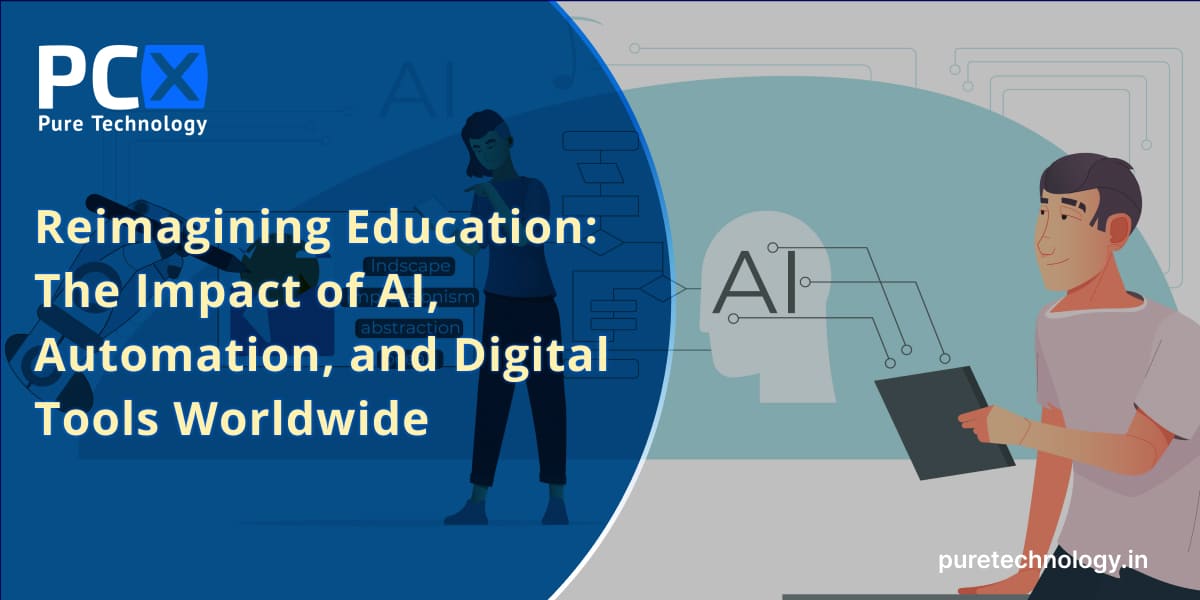
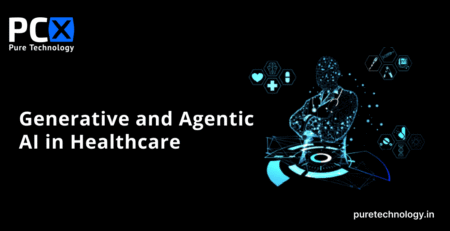
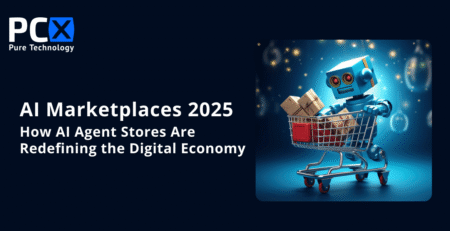

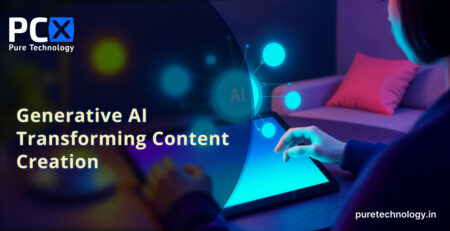
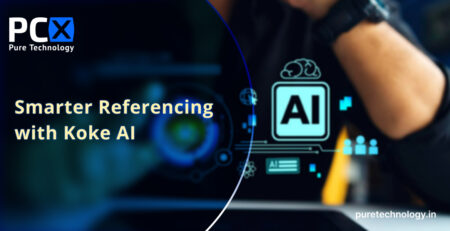


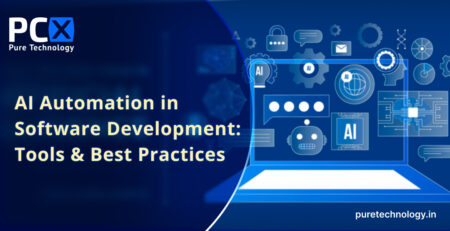


Leave a Reply